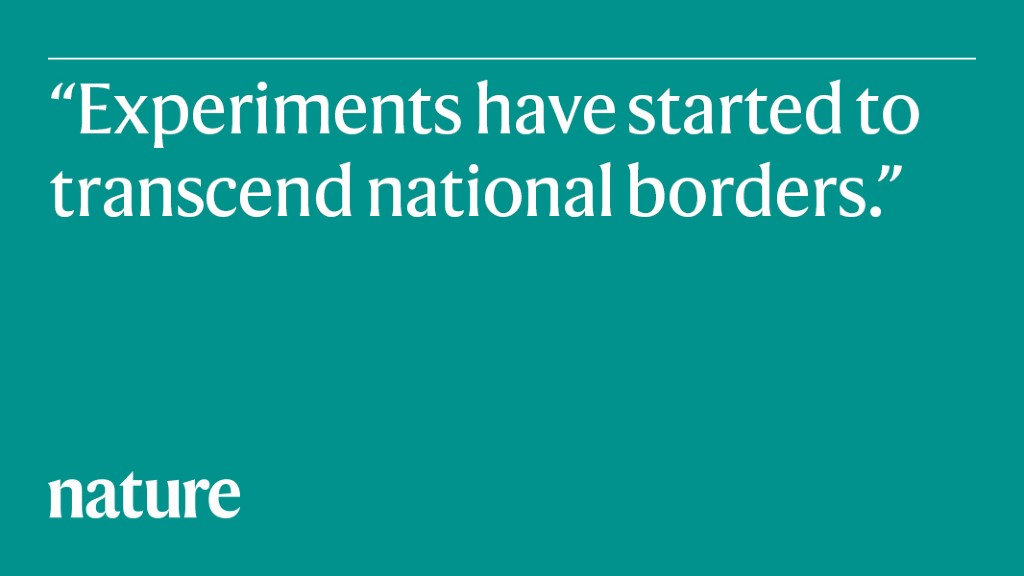What Is Citizen Science And Why Should Policymakers Care?
This blog explores why citizen science matters and how governments can support its growth through inclusive strategies, robust infrastructure, and international collaboration.
Send us a link
This blog explores why citizen science matters and how governments can support its growth through inclusive strategies, robust infrastructure, and international collaboration.
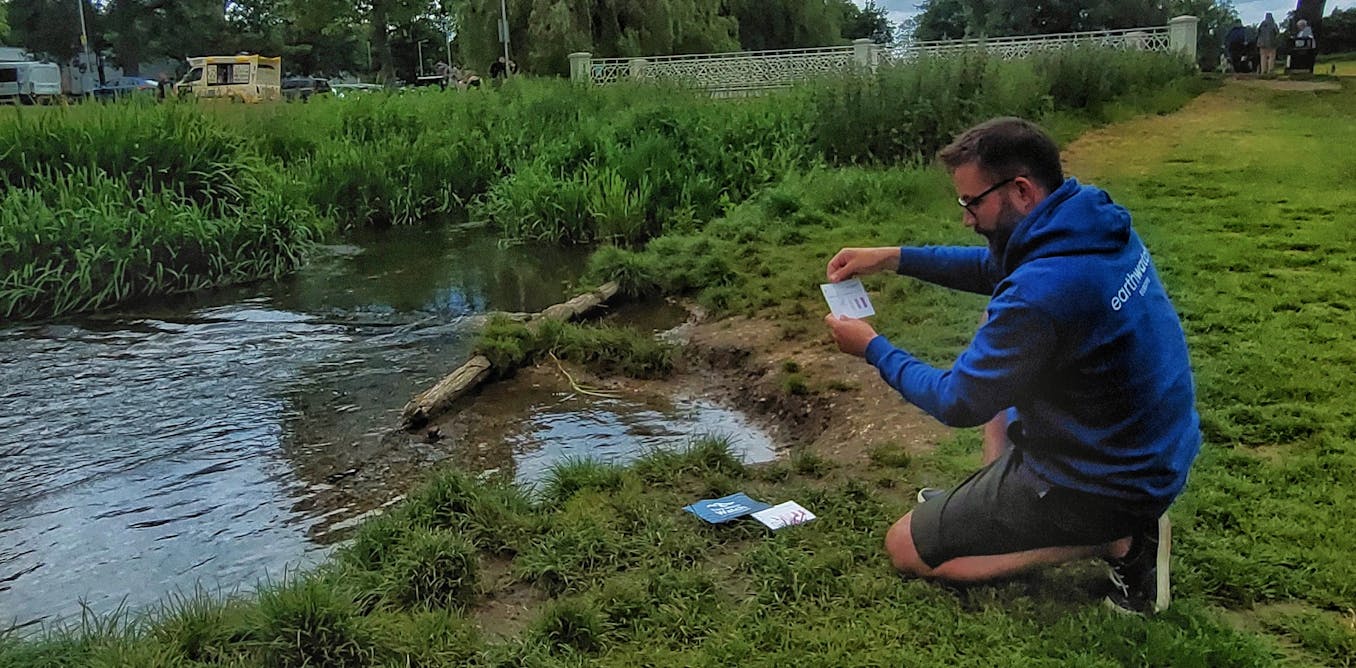

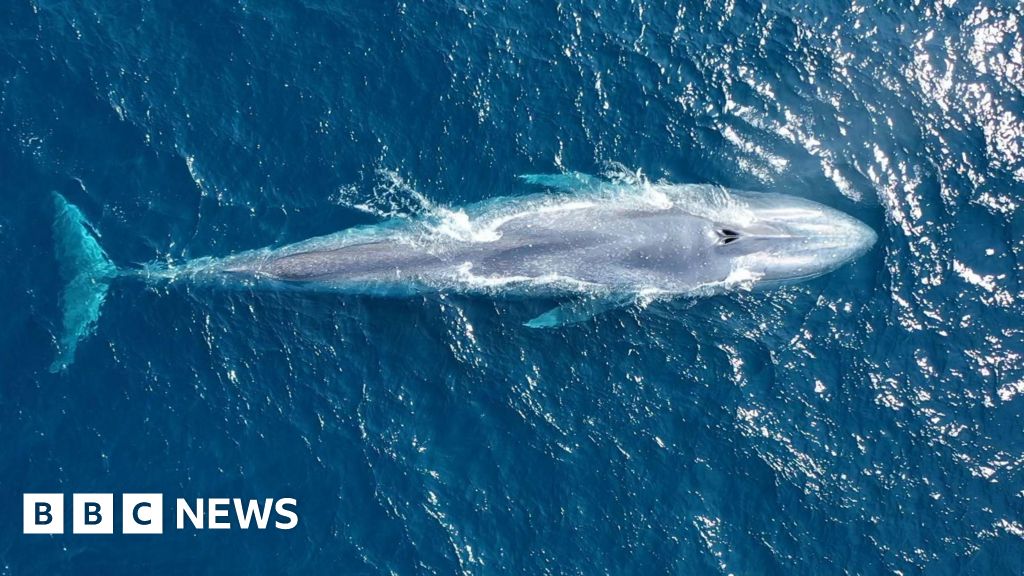

This article advocates for a closer study of the forms of citizenship nurtured among individual participants in citizen science (CS) projects by highlighting some salient features of CS in China.


The voice of citizen scientists is often lost despite their indispensable role. To remedy this deficiency, a survey on the overall experiences of citizen scientists was undertaken.
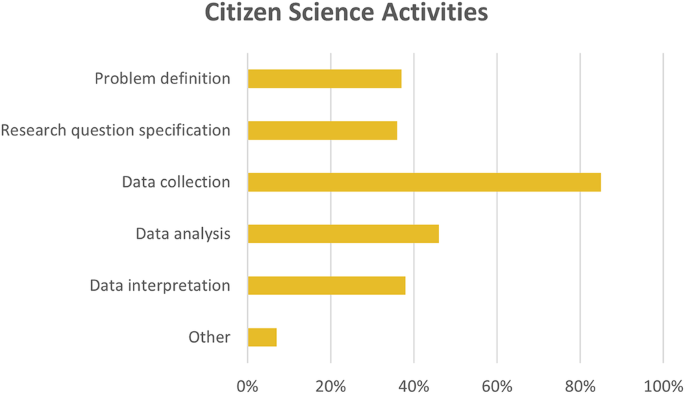
The toolkit walks through six steps to achieve more effective and inclusive climate policymaking, based on learnings from citizen engagement and science research pilots worldwide.
Wallace, who independently discovered the theory of evolution, relied on local knowledge to craft his seminal work on species ranges in the Amazon. Now, the region's Indigenous scientists have taken charge of their research using this and other cross-cultural tools.
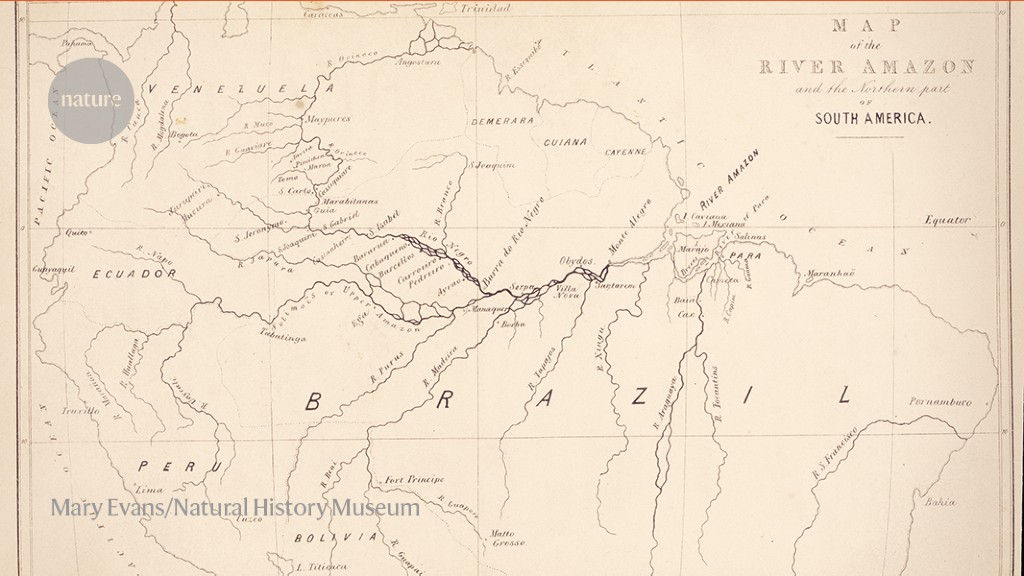
Scheme gets under way as data suggests Environment Agency's own monitoring leaves rivers unprotected

Contributory citizen science is a method in which non-professional participants contribute to data collection in whole or in part to advance scientific research. This Primer outlines the use of citizen science in the environmental and ecological sciences, discussing participant engagement, data quality assurance and bias correction.
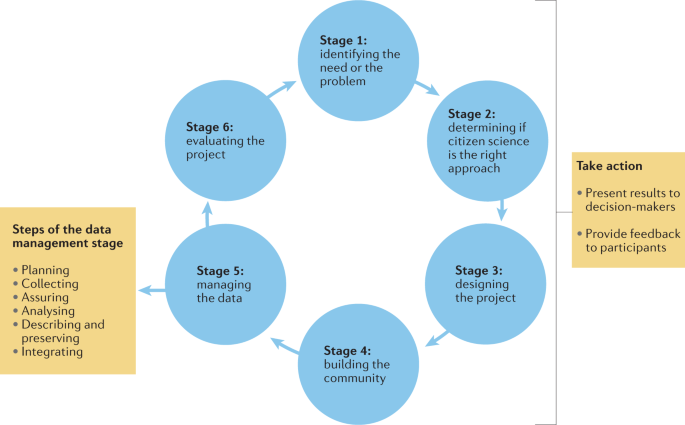
The height of the pollen season has passed, and if you lived in Barcelona you might have had an easier time managing your allergies. In fact, thanks to a citizen science initiative run by the city in collaboration with the students of two schools, residents can access information on the Planttes app and get suggestions.
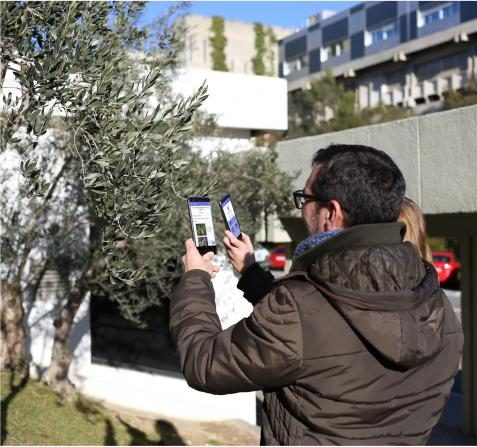
The COVID-19 pandemic has underlined the need to partner with the community in pandemic preparedness and response in order to enable trust-building among stakeholders, which is key in pandemic management.

The paper brings together the literature on citizen science and on deliberative democracy and epistemic injustice.
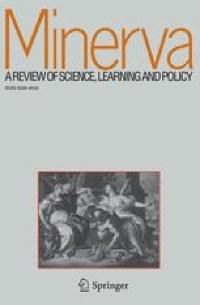
Too often, science public communication programmes are didactic in nature. To help generate genuine engagement, the EU-funded DITOs project launched two-way discussions to inspire the public and influence policy.
The unconventional method could help astronomers better track meteorites that fall to Earth during the daytime.

Birdsong has long connected humans to nature. Historical reconstructions using bird monitoring and song recordings collected by citizen scientists reveal that the soundscape of birdsong in North America and Europe is both quieter and less varied, mirroring declines in bird diversity and abundance.
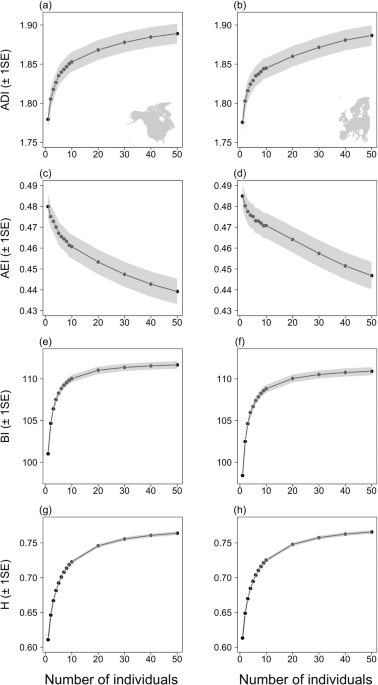
Study shows collaboration between civil society and academia achieving progress toward the goals of the UN Ocean Decade

A Scoping Review and Case Study
The true potential of citizen social science, whereby members of the public participate in the investigation and analysis of social phenomena, remains to be realised.

They strengthen the institutions that ensure a strong democracy, leading to rational decisions

Concerned citizens, scientists and advocates can provide input to the White House on improving scientific integrity.

Working together seems like a good idea - especially when working toward a noble goal. However, little has been reported to date about the success and efficiency (or lack thereof) of such partnerships as a practical matter.
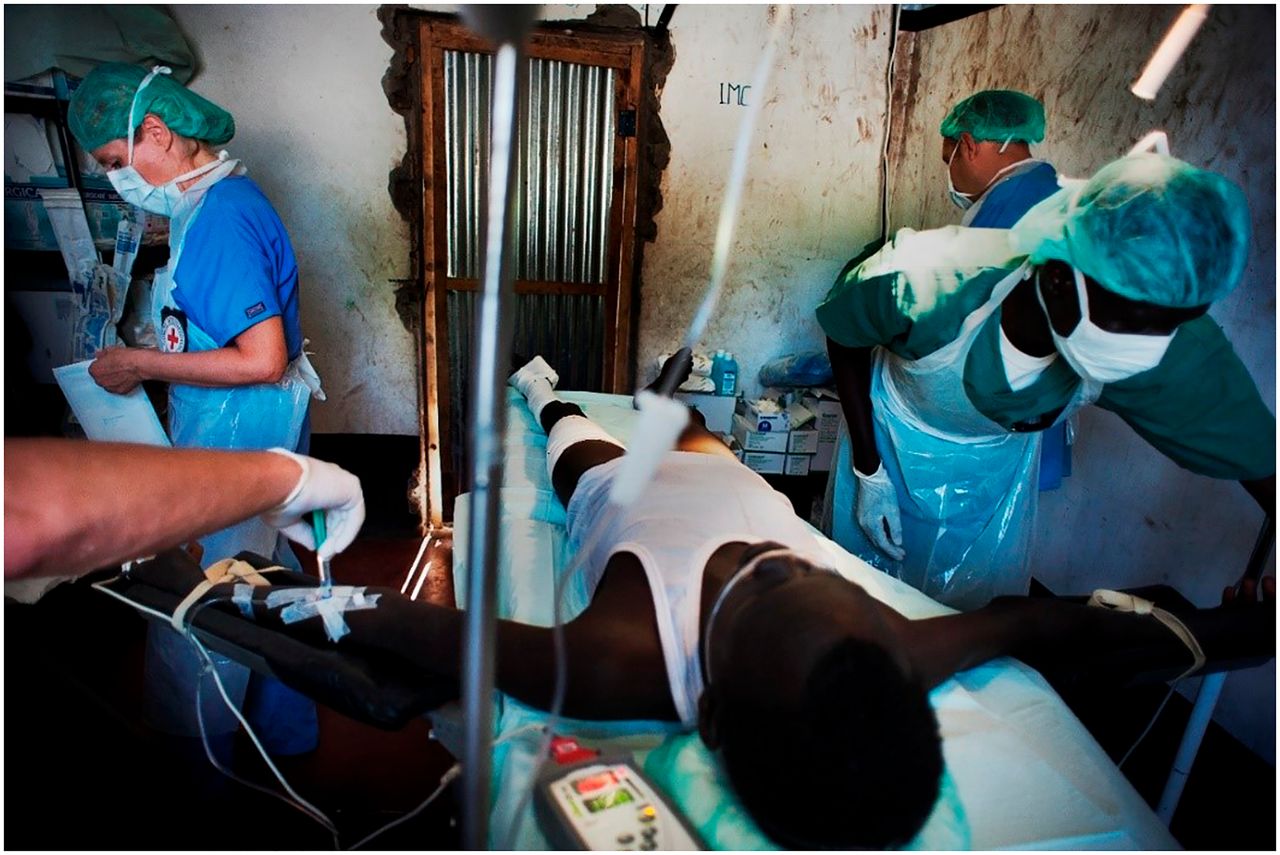
Dozens of countries are backing an effort that would protect 30 percent of Earth's land and water. Native people, often among the most effective stewards of nature, have been disregarded, or worse, in the past.
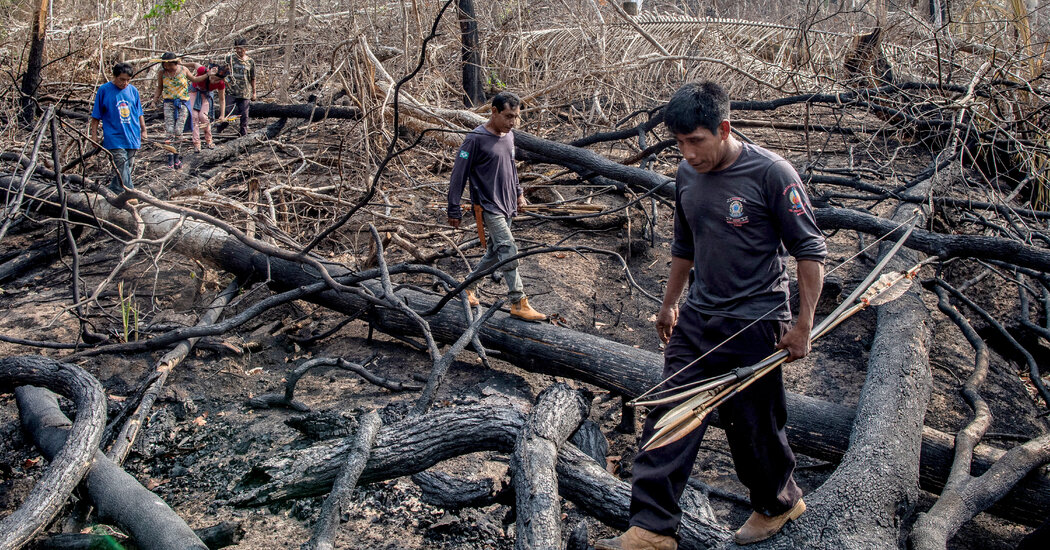
The total number of butterflies west of the Rockies has fallen 1.6% a year since 1977, a study finds: "You extrapolate it and it's crazy."

The term citizen science refers to a broad set of practices developed in a growing number of areas of knowledge and characterized by the active citizen participation in some or several stages of the research process. Definitions, classifications and terminology remain open, reflecting that citizen science is an evolving phenomenon, a spectrum of practices whose classification may be useful but never unique or definitive. The aim of this article is to study citizen science publications in journals indexed by WoS, in particular how they have evolved in the last 20 years and the collaboration networks which have been created among the researchers in that time. In principle, the evolution can be analyzed, in a quantitative way, by the usual tools, such as the number of publications, authors, and impact factor of the papers, as well as the set of different research areas including citizen science as an object of study. But as citizen science is a transversal concept which appears in almost all scientific disciplines, this study becomes a multifaceted problem which is only partially modelled with the usual bibliometric magnitudes. It is necessary to consider new tools to parametrize a set of complementary properties. Thus, we address the study of the citizen science expansion and evolution in terms of the properties of the graphs which encode relations between scientists by studying co-authorship and the consequent networks of collaboration. This approach - not used until now in research on citizen science, as far as we know- allows us to analyze the properties of these networks through graph theory, and complement the existing quantitative research. The results obtained lead mainly to: (a) a better understanding of the current state of citizen science in the international academic system-by countries, by areas of knowledge, by interdisciplinary communities-as an increasingly legitimate expanding methodology, and (b) a greater knowledge of collaborative networks and their evolution, within and between research communities, which allows a certain margin of predictability as well as the definition of better cooperation strategies.
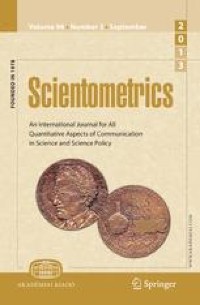
It's time to apply research on in-person public deliberation to the virtual world.
